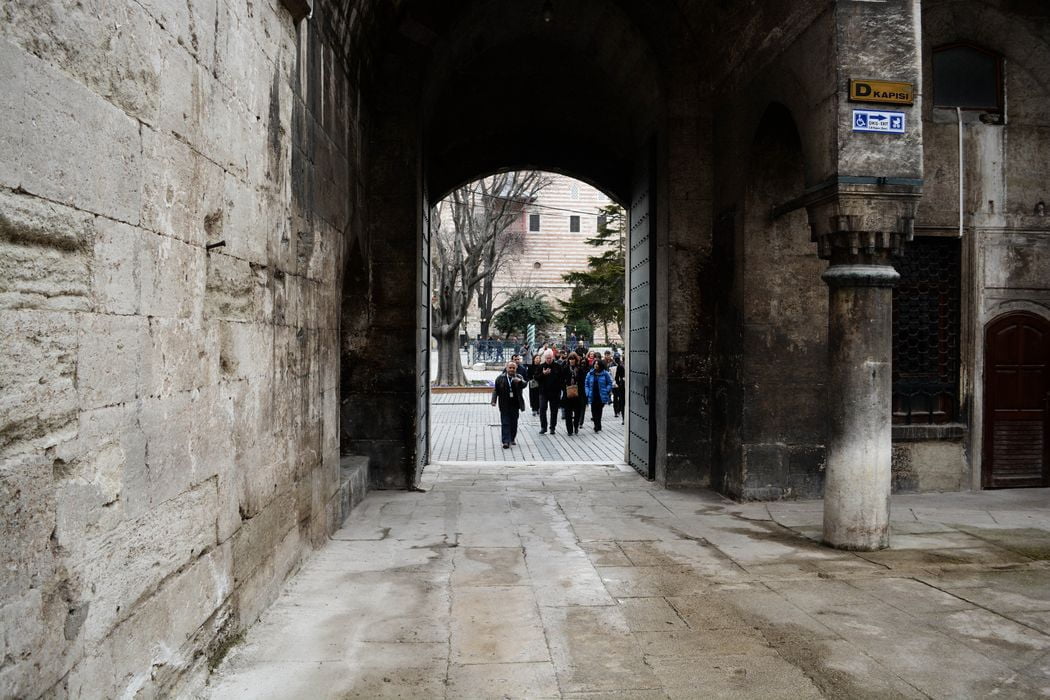For that reason has deprived from many citizens of their property without giving any notice of the existing chrysobulls (certificates of holdings without taxation) which are the main reason that creates tyrants. He engaged with the charitable institutions which they were holding large and rich land properties but they were not giving anything to the royal treasury and many of those with various reasons abandoned, particular monasteries and monks and with that amount he increased the money of the treasury. This was an illegal act or better an act of sacrilege for those that they were more respectful who see it with a bird eye but for those who examine things deeper it appeared that it did not have any bad result.
It appeared that for both sides was useful since has deprived the monks from acts irreverent with their way of life and the money since they have been teach not to own property and from the other side freed the peasants from hard labour which it was imposed by the monks with their luxurious and rich lands because they have been poses by greediness and by use of this passion were coming to a point that when they went to a court because of their influence (by property and wealth) they gained and forced their adversaries to submit. So by these ways the public treasury was based on many people and was increased thought without to avoid protests that none have been offended.
PREFACE
Some three years ago I reviewed an excellent little volume written by Professor Norman Baynes, The Hellenistic Civilization and East Rome. In it he mentions Michael Psellus’s famous anecdote about the Byzantine Sclerena and Constantine IX. Being curious to know more of Psellus I bought the Bude edition and read the Chronographia in full.
That is how this translation was born, for it seemed to me a pity that English scholars who knew no Greek should be deprived of the opportunity of reading this admirable work in their own language. Students of medieval history in particular should benefit. Certainly no other contemporary author gives so vivid an account of eleventh-century Byzantium. I hope that this pioneer effort may inspire others to read and enjoy him.
I would like here to acknowledge my debt to M. Emile Renauld, who first translated the history into a modern language. Although this interpretation differs in many points from the French version, his influence will be apparent. I am grateful too for the kindly interest and constant encouragement of Mr. R. H. Barrow, C.B.E., and of Mr. W. F. Jackson Knight, whose scholarship extends far beyond the Virgilian field in which he especially shines.
Read More about Ibn Battuta part 73








